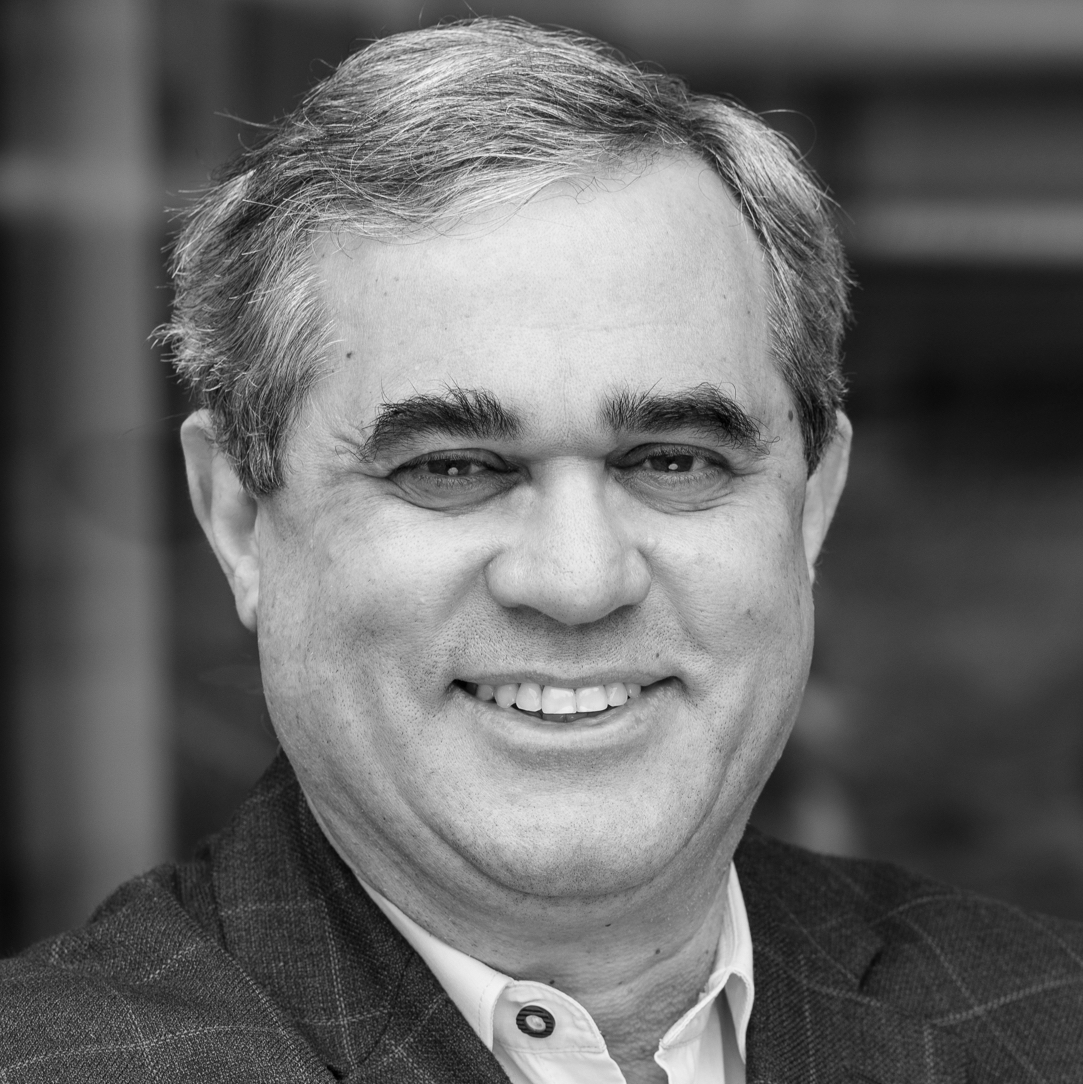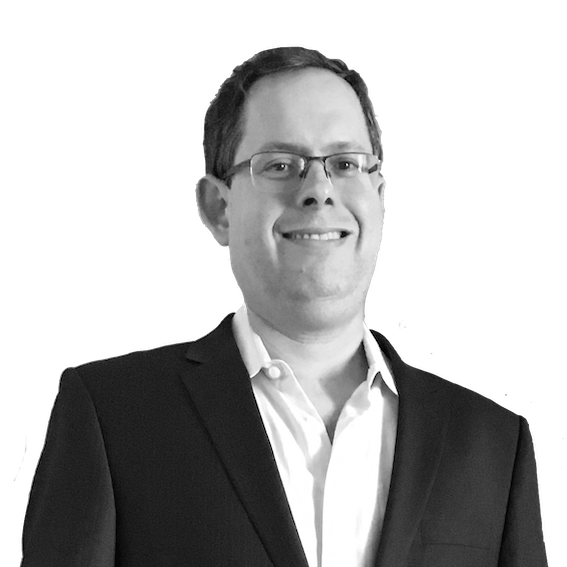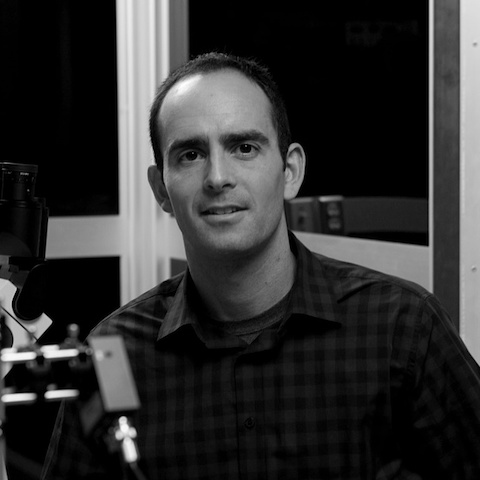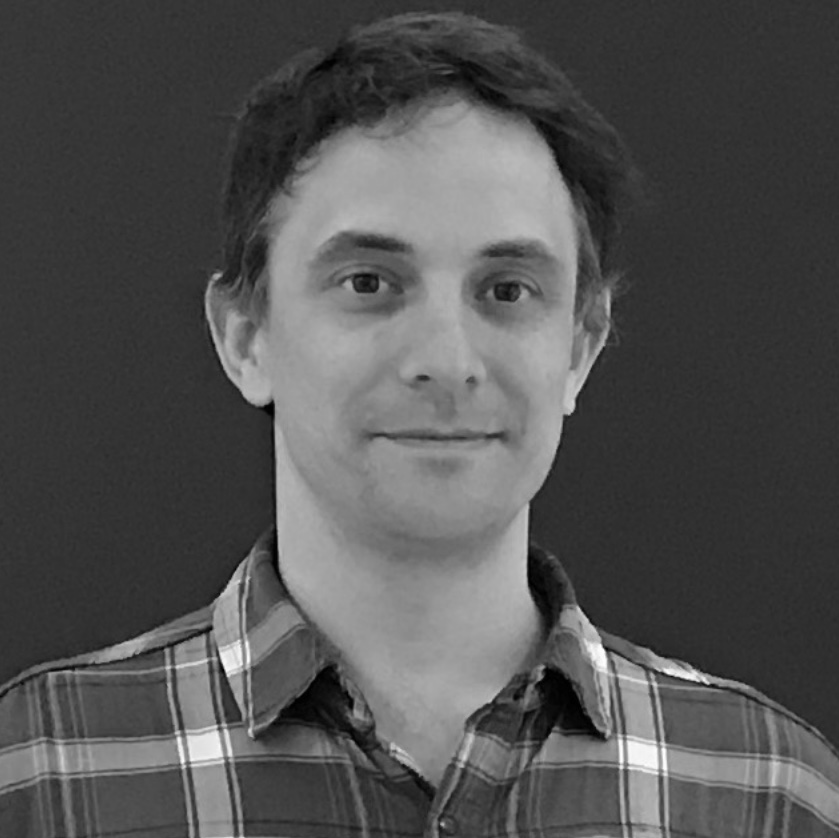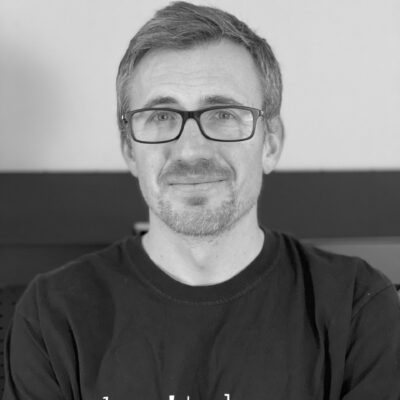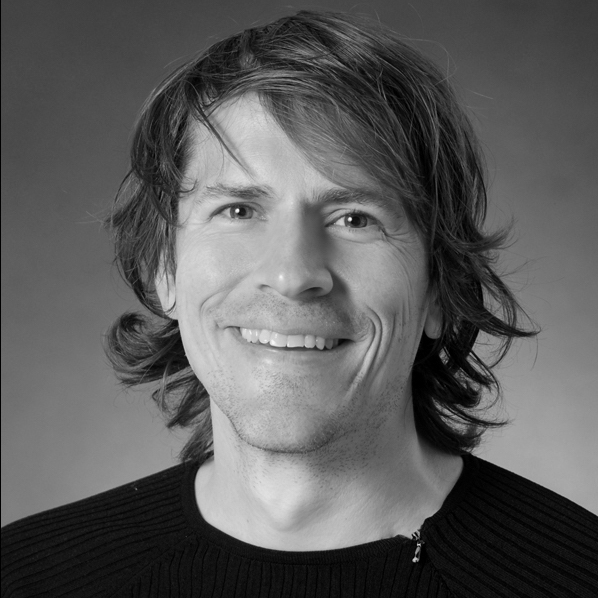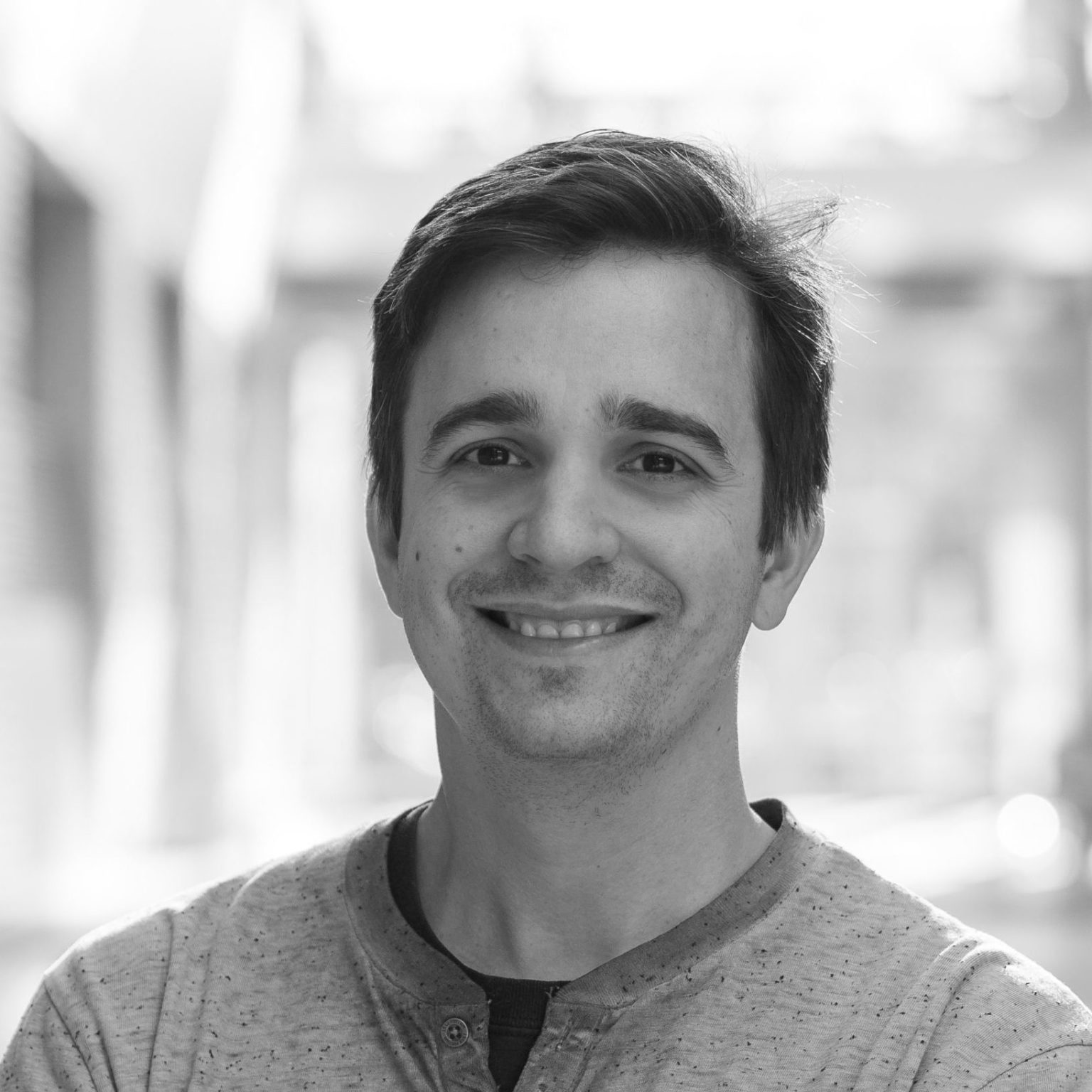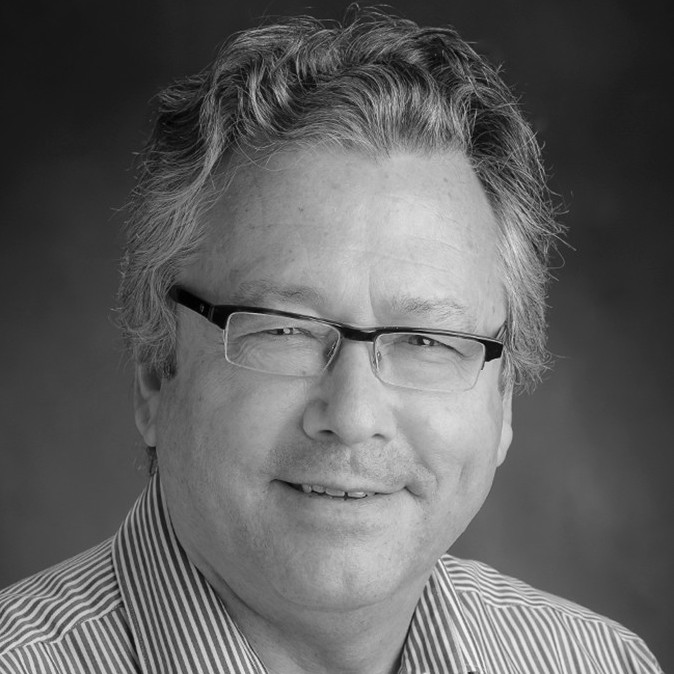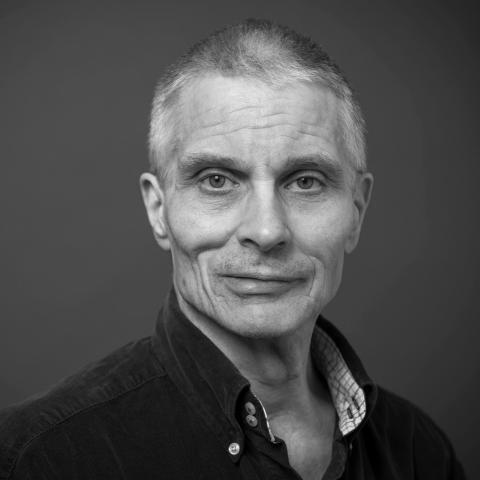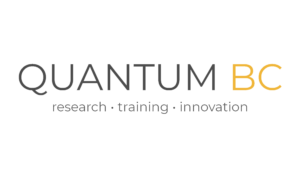PEOPLE
The people listed below reflect the Quantum Computing research community within universities and research institutes across British Columbia in Canada.
Alexandre G. Brolo
Position: Professor
Categories: Graduate Research Training Program, Photonics, Quantum Hardware, UVic
Location: UVic
Dr. Alexandre G. Brolo is Professor of Chemistry at the University of Victoria in British Columbia, Canada. He obtained his M.Sc. from the University of Sao Paulo (Brazil)and his Ph.D. from the University of Waterloo (Canada) in 1998. Dr. Brolo’s research interests are on the fabrication of nanostructured metal surfaces; the investigation of their optical properties; and their application in single molecule spectroscopy. Dr. Brolo has participated as author/co-author iin about 180 peer-reviewed research papers, reviews and book chapters. He is well-known for his work on the development of new types of surface Plasmon resonance sensors and on the field of surface-enhanced spectroscopy, particularly on surface-enhanced Raman scattering (SERS). The Brolo group is investigating the generation of entangled photons from single molecule emissions that can be used for quantum information processes.
Alexandre G. Brolo
Professor
Dr. Alexandre G. Brolo is Professor of Chemistry at the...
Lukas Chrostowski
Position: Professor
Categories: Graduate Research Training Program, K-12 Outreach and Diversity, Photonics, Quantum Hardware, UBC
Location: UBC
The most ambitious application for silicon photonics – Chrostowski’s expertise – is in quantum computing. Silicon photonic approaches offer the potential for scaling to millions of qubits owing to the small device size and wafer-scale manufacturing. Chrostowski’s research is focused on developing the ingredients necessary to build a scalable fault-tolerant QC, including designing novel nanophotonic components for quantum information processing (lasers, single photon sources and detectors, spin qubit to photon coupling using resonators, optical switches, optical interconnects and low-loss coupling to the outside world), developing novel fabrication techniques, and building experimental apparatus for experimenting with quantum photonic circuits at cryogenic temperatures. Chrostowski was the Program Director of the NSERC CREATE Silicon Electronic-Photonic Integrated Circuits (Si-EPIC) research training program, which has expanded into a fabrication consortium, SiEPICfab (www.siepic.ubc.ca), and is the Program Director of the NSERC CREATE Quantum Computing program. He is a collaborator on the Canada Fund for Innovation (CFI) / BCKDF project, ‘The Silicon Quantum Leap: Tools for Building a Universal Quantum Computer’, and his NSERC Discovery Grant is “Silicon Photonics for Quantum Computing”.
Lukas Chrostowski
Professor
The most ambitious application for silicon photonics – Chrostowski’s expertise...
Rogério de Sousa
Position: Associate Professor
Categories: Algorithms, Graduate Research Training Program, Photonics, Quantum Hardware, Spins in Si, Superconducting, Undergraduate Training, UVic
Location: UVic
Prototype “noisy” quantum computers based on several different technologies are now accessible over the cloud. However, the level of noise is often 10-100 times higher than the error correction threshold, hindering demonstrations of quantum advantage over conventional computers. The de Sousa research group is addressing this problem in both the hardware and software fronts. In hardware, the group is developing theory to elucidate the origin of noise and decoherence in the materials and devices used to build quantum computers. These theories are being compared to experiments at universities and companies around the world. In software, the research group is developing algorithms to benchmark and mitigate noise, and is using these findings to improve the output of quantum algorithms in cloud-based devices.
Rogério de Sousa
Associate Professor
Prototype "noisy'' quantum computers based on several different technologies are...
Reuven Gordon
Position: Professor
Categories: Graduate Research Training Program, Photonics, Quantum Hardware, UVic
Location: UVic
Reuven Gordon is a Professor in the Department of Electrical and Computer Engineering, University of Victoria. He has received a Canadian Advanced Technology Alliance Award (2001), an Accelerate BC Industry Impact Award (2007), an AGAUR Visiting Professor Fellowship (2009), the Canada Research Chair in Nanoplasmonics (2009-2019), the Craigdarroch Silver Medal for Research Excellence (2011), a Fulbright Fellowship (2016), an NSERC Discovery Accelerator (2017), the Faculty of Engineering Teaching Award (2017) and an JSPS Invitational Fellowship (2020). He is a Fellow of the Optical Society of America (OSA), the Society for Photographic Instrumentation Engineers (SPIE), and the Institute for Electrical and Electronic Engineers (IEEE). Dr. Gordon has authored and co-authored over 170 journal papers (including 13 invited contributions). He is co-inventor for five patents and two patent applications. Dr. Gordon is a Professional Engineer of BC. Dr. Gordon has been recognized as an “Outstanding Referee” by the American Physical Society. He has also served as conference chair for several conferences, including SPIE NanoScience + Engineering and NFO16. Dr. Gordon is an Associate Editor for Optics Express and on the Editorial Advisory Board for Advanced Optical Materials. Dr. Gordon’s group researches single photon sources for quantum information technologies, as well as quantum plasmonics.
Reuven Gordon
Professor
Professor in the Department of Electrical and Computer Engineering, University...
Paul Haljan
Position: Associate Professor
Categories: Graduate Research Training Program, Ions traps and AMO, Quantum Hardware, SFU
Location: SFU
Dr Paul C Haljan is an Associate Professor of Physics at Simon Fraser University with expertise in trapped-ion quantum technologies. Before joining SFU in 2005, Paul performed his doctoral work on quantum vortices in atomic Bose-Einstein condensates at the University of Colorado at Boulder and JILA and held a postdoctoral fellowship at the University of Michigan, where he worked on quantum gate implementations in trapped-ion hardware and early algorithm demonstrations. At SFU, the Haljan research group is focused on experiments with trapped ions, quantum simulations and quantum state manipulation, and technology development for trapped-ion quantum computing. They are developing the capabilities to make a precision probe of a structural phase transition in trapped ions for both fundamental interest and potential sensor applications. They have measured spontaneous nucleation of topological defects following a quench of the transition and probed the structural transition in the quantum regime. They have demonstrated new laser cooling techniques for trapped ion strings and are developing ultra-stable trap potentials for quantum technology applications.
Paul Haljan
Associate Professor
Dr Paul C Haljan is an Associate Professor of Physics...
Andrew MacRae
Position: Adjunct Assistant Professor
Categories: Ions traps and AMO, Photonics, Quantum Hardware, UVic
Location: UVic
Andrew MacRae is an adjunct Assistant Professor and Senior Lab Instructor in the Department of Physics and Astronomy at the University of Victoria. He obtained his PhD in Physics from the University of Calgary, studying the production of quantum optical states in atomic media. Following this, he studied Bose Einstein Condensates as a postdoc in the group of Dan M Stamper-Kurn at the University of California, Berkeley. He then spent a year as a software engineer making control algorithms for ultra-precise machining before joining UVic in 2016.
His present research direction is the mapping of quantum information into and out of atomic media, using nonlinear optical processes. The primary aim of this research is to create a reliable interface between qubits held in collective spin ensembles, and optical “flying” qubits that can be transported via optical fibers.
Andrew MacRae
Adjunct Assistant Professor
Andrew MacRae is an adjunct Assistant Professor and Sr. Lab...
Kirk Madison
Position: Associate Professor
Categories: Graduate Research Training Program, Ions traps and AMO, Quantum Hardware, UBC
Location: UBC
Kirk W. Madison obtained his PhD in the group of Mark Raizen at the University of Texas at Austin in 1998 and was a postdoc in the group of Jean Dalibard at the École normale supérieure in Paris until 2001. Madison is an Associate Professor in the Department of Physics and Astronomy and leads the Quantum Degenerate Gases laboratory (a part of the UBC Center for Research on Ultra-cold Systems, CRUCS). Madison’s current research is on the experimental realization of quantum sensors and quantum gases made from laser-cooled atoms and molecules. Because of their extreme controllability and purity, quantum gases are an ideal “sandbox” quantum simulator for the creation and study of certain quantum materials. Madison’s interests include applying these special purpose quantum simulators to investigate fundamental questions of many body quantum mechanics relevant to quantum materials and quantum computing.
Kirk Madison
Associate Professor
Kirk W. Madison obtained his PhD in the group of...
Joe Salfi
Position: Assistant Professor
Categories: Graduate Research Training Program, Quantum Hardware, Spins in Si, UBC
Location: UBC
Joe Salfi is an experimental quantum physicist and electrical engineer and leads the Quantum Science and Technology Laboratory at UBC. His main research interests is the physical implementation of quantum information systems, and his research expertise is in spin physics and quantum devices. He is distinguished in his research field for experimentally demonstrating quantum bits with strong intrinsic spin-orbit coupling (SOC), which is advantageous for building scalable quantum information technologies, and can also possess ultra-long coherence times. He also performed the first proof-of-principal experimental demonstration of analog quantum simulation of the Fermi-Hubbard model with solid state devices, an important model in condensed matter physics. His research is industrially relevant because it is based on silicon materials that underpin classical computer technologies. He is affiliated with the Department of Electrical and Computer Engineering and the Stewart Blusson Quantum Matter Institute at UBC.
Joe Salfi
Assistant Professor
Joe Salfi is an experimental quantum physicist and electrical engineer...
Stephanie Simmons
Position: Assistant Professor
Categories: Graduate Research Training Program, Photonics, Quantum Hardware, SFU, Spins in Si
Location: SFU
Dr Stephanie Simmons is an Assistant Professor, Canada Research Chair, and CIFAR Fellow, based out of the Department of Physics at Simon Fraser University (SFU), and is the Founder and Chief Quantum Officer of Photonic Inc. Her work on silicon quantum technologies was awarded a Physics World Top Ten Breakthrough of the Year of 2013 and again in 2015, and she is one of only 5 individuals to have ever won this award twice. She was named one of Canada’s Top 40 Under 40 for 2020, and her work has been covered by the New York Times, CBC, BBC, Scientific American, the New Scientist, and many others.
Stephanie Simmons
Assistant Professor
Dr Stephanie Simmons is an Assistant Professor, Canada Research Chair,...
Michael Thewalt
Position: Professor Emeritus
Categories: Graduate Research Training Program, Photonics, Quantum Hardware, SFU, Spins in Si
Location: SFU
Mike Thewalt is a Professor of Physics (Emeritus) at Simon Fraser University who continues to do research into the optical properties of impurities and defects in semiconductors, with a focus on how these might be used as qubits and spin/photon interfaces. The discovery and elucidation of the remarkable optical properties of highly enriched silicon-28 by his group in the early 2000’s led to a worldwide race to harness the properties of these systems for quantum applications. His research has resulted in over 300 publications with nearly 12,000 citations, as well as 5 patents. He is a Fellow of the Royal Society of Canada (RSC), the American Physical Society (APS) and the Institute of Physics (IoP) of the UK. He has served in many positions with the Canadian Association of Physicists (CAP), including as President, and on the Semiconductor Commission (C8) of the International Union for Pure and Applied Physics (IUPAP) for two three-year terms as member and one term each as Secretary and Chair. He has held an NSERC Industrial Research Chair, a Sloan Fellowship, two NSERC Research Accelerator supplements and a Killam Research Fellowship. His awards include the Gold Medal of the BC Science Council, the Rutherford Memorial Medal of the RSC, the Medal of Achievement and the Brockhouse Medal of the CAP, and the SFU Award for Excellence in Graduate Supervision.
Michael Thewalt
Professor Emeritus
Mike Thewalt is a Professor of Physics (Emeritus) at Simon...
Jeff Young
Position: Professor
Categories: Graduate Research Training Program, Photonics, Quantum Hardware, UBC
Location: UBC
Jeff Young received his B.A.Sc. degree in Engineering Physics from UBC in 1979, and his PhD degree in Physics from the University of Toronto in 1983. He spent 9 years at the National Research Council in Ottawa, first in the Division of Physics, and then in the Institute of Microstructural Sciences, as a Research Officer and later as Group Leader. In 1992 he returned to UBC in the Department of Physics, now the Department of Physics and Astronomy. He has served as the Director of the Advanced Materials and Process Engineering Laboratory from 2012-2017, as the Director of the Engineering Physics Program from 1998-2003, and the Head of the Department of Physics and Astronomy from 2004-2008. He has also served on the UBC senate, numerous NSERC committees, and as an advisor to NRC, TRIUMF and other organizations. He has entrepreneurial experience in Vancouver, and is a Professional Engineer. His research interests mainly pertain to linear and nonlinear electrodynamics and the optical properties of materials. For the past decade the focus has been on silicon-based integrated photonic circuits and the hybrid integration of quantum emitters and single photon detectors for quantum information processing.
Jeff Young
Professor
Jeff Young received his B.A.Sc. degree in Engineering Physics from...
